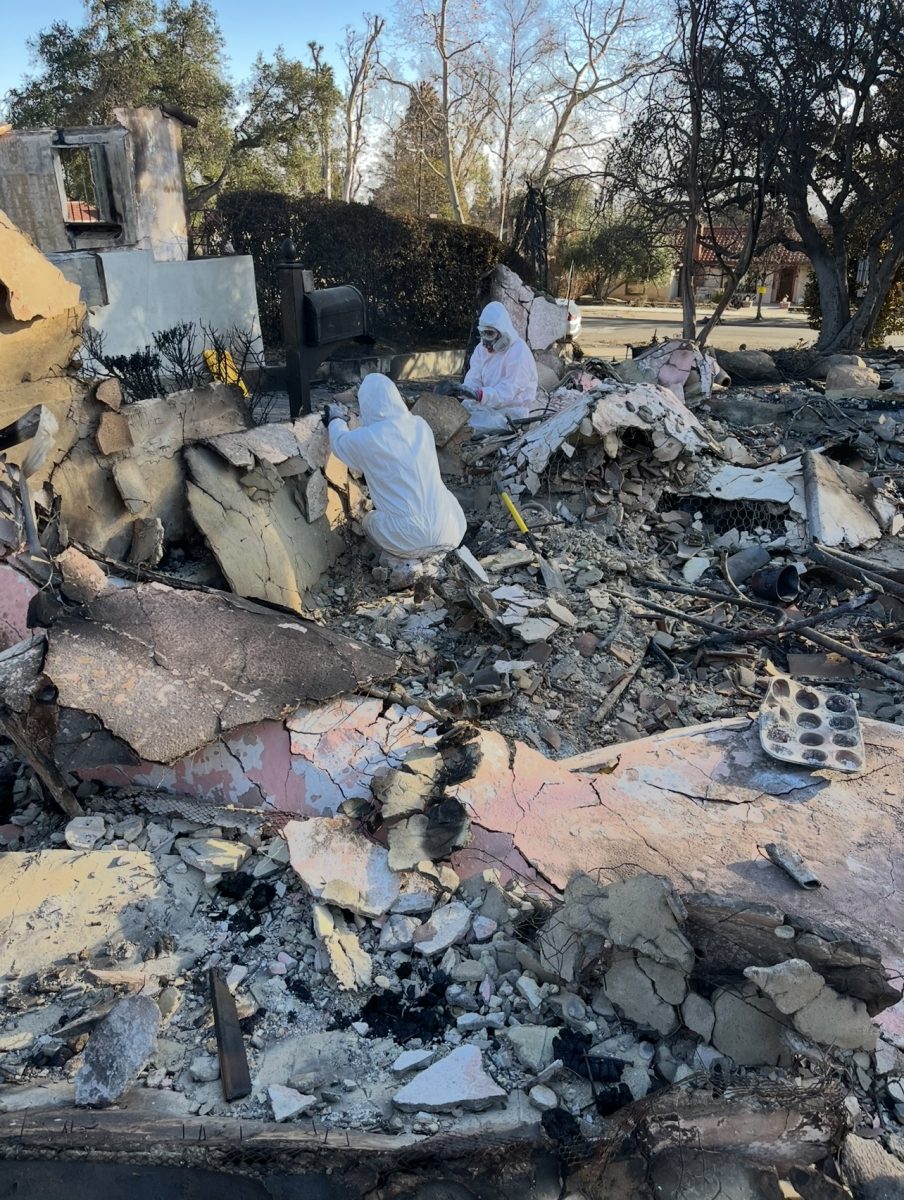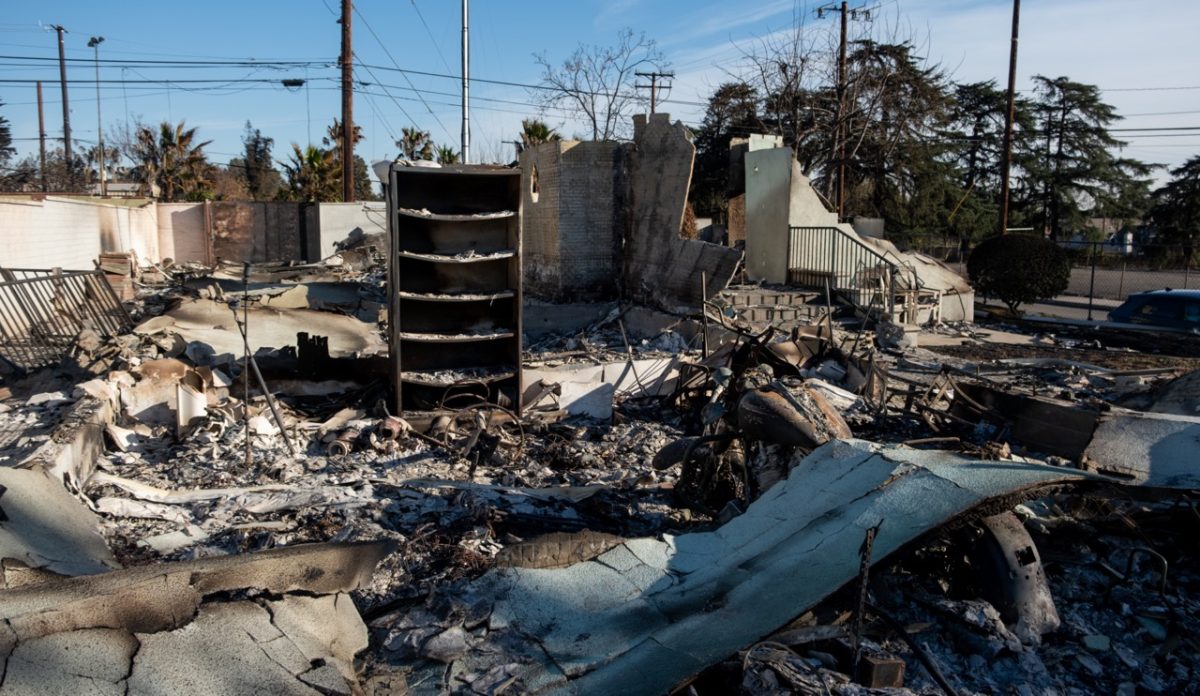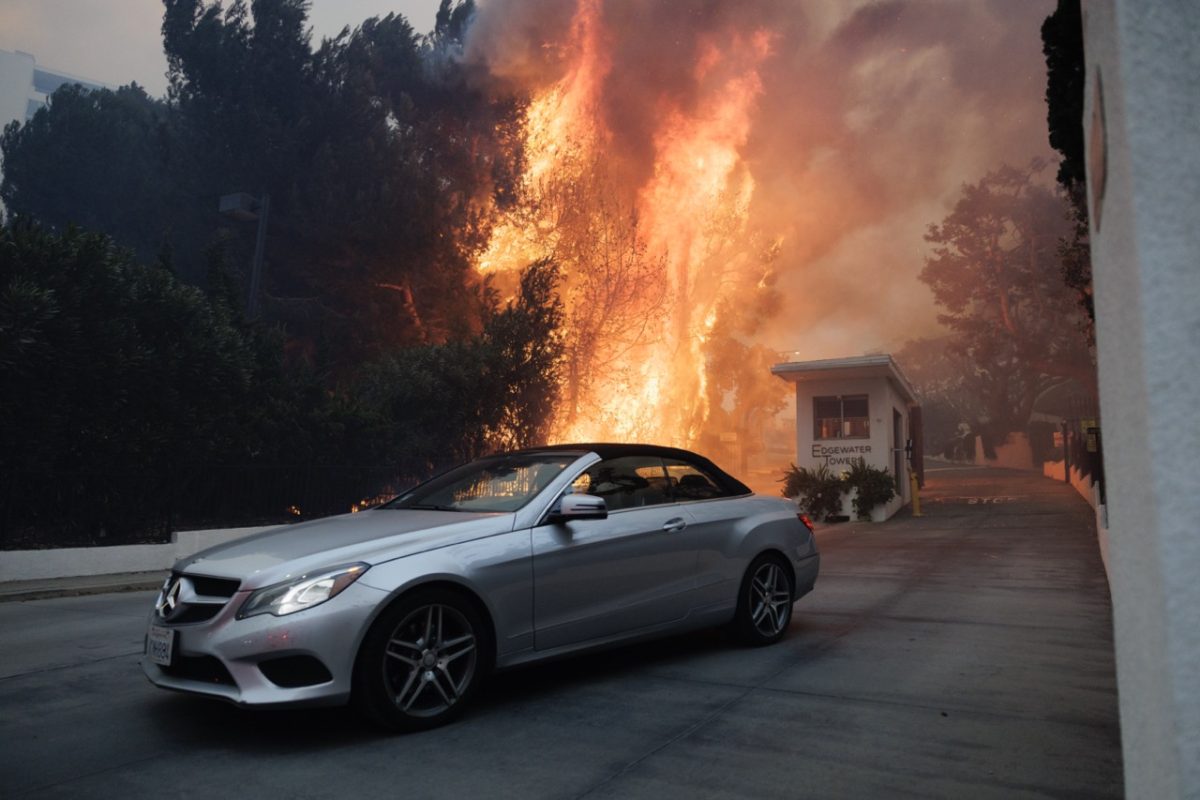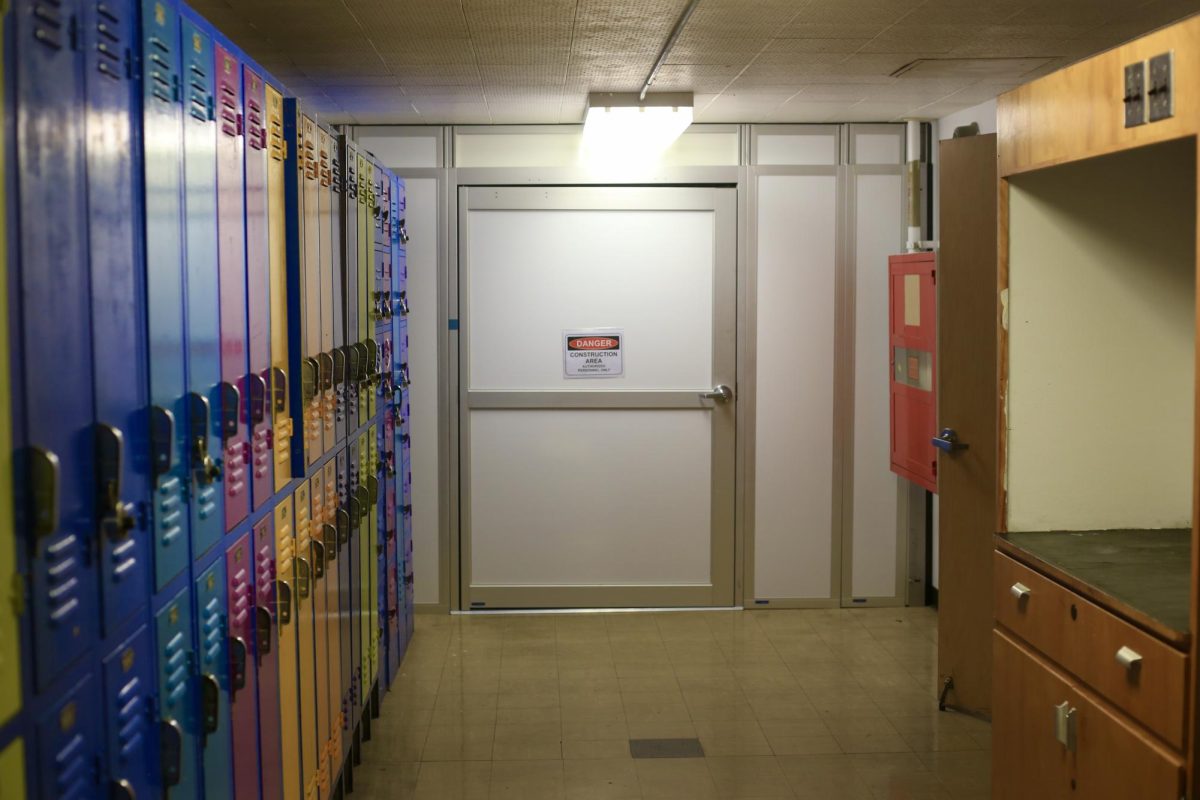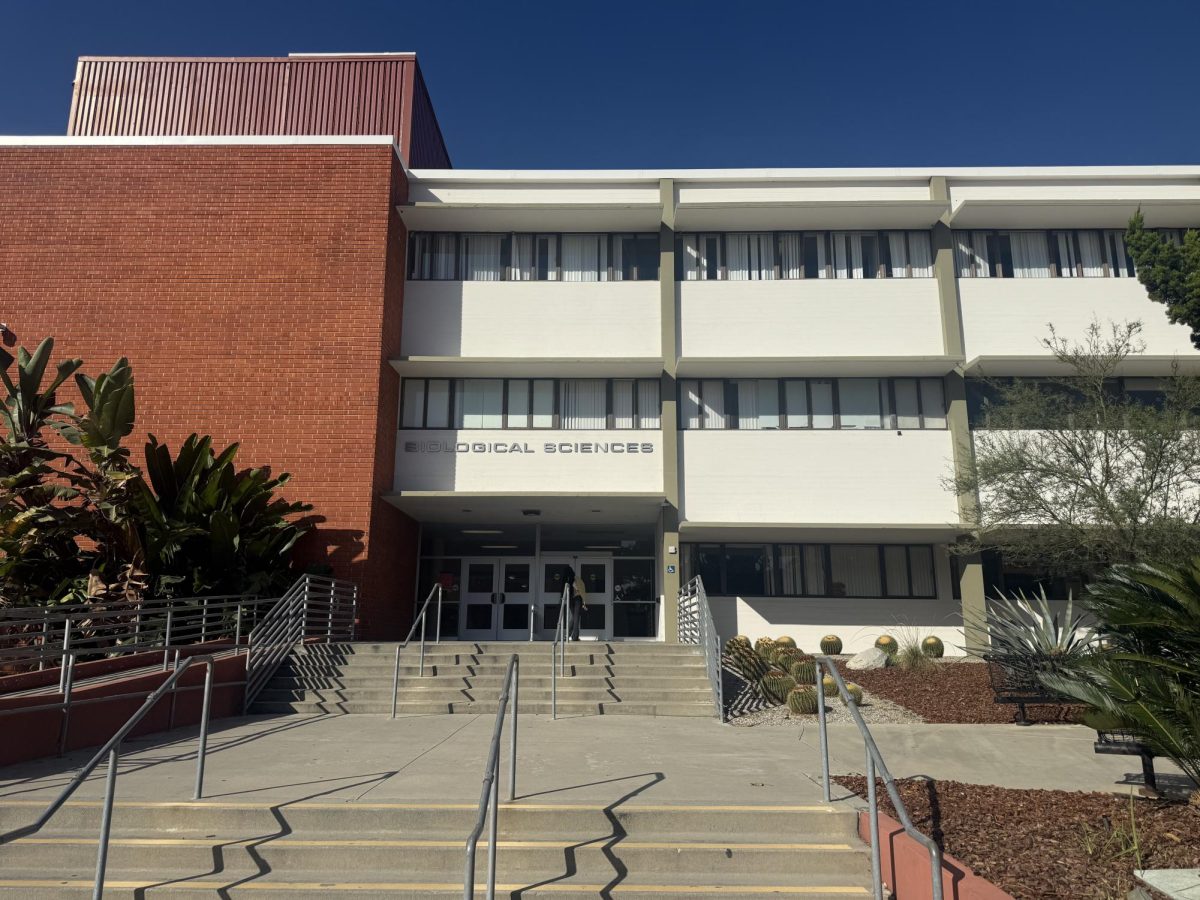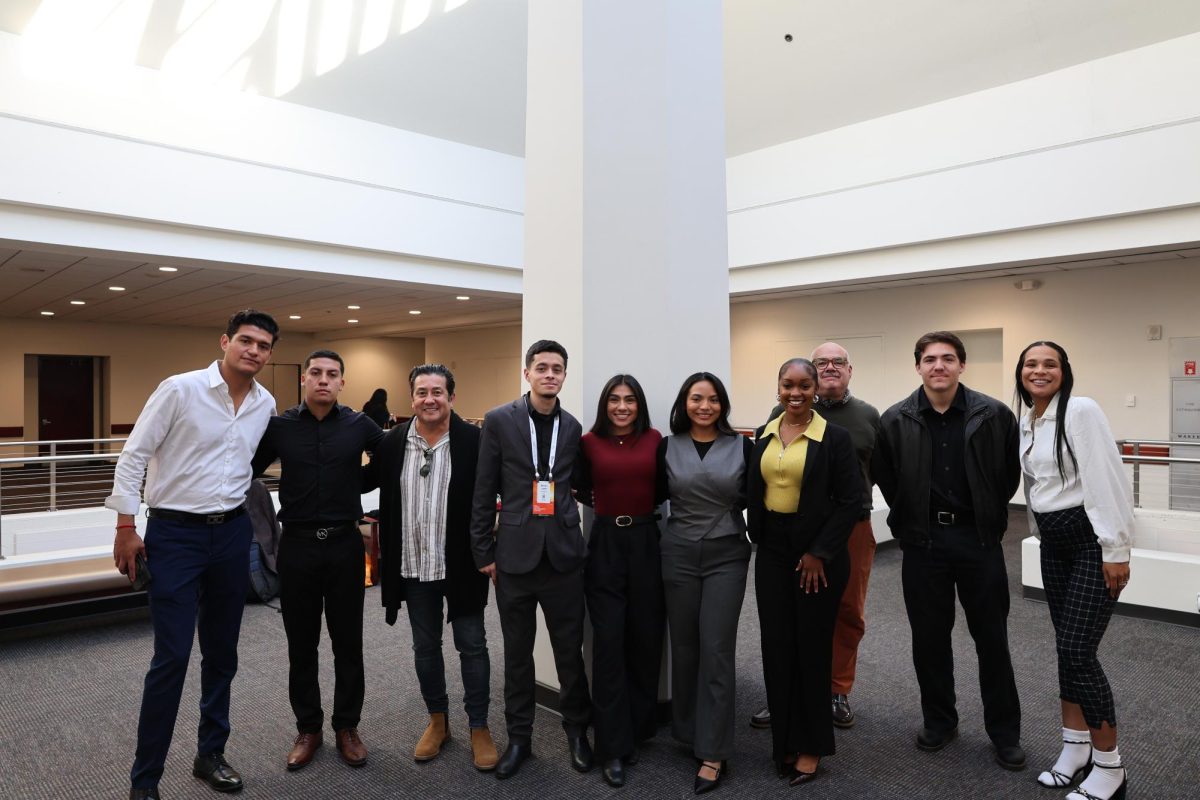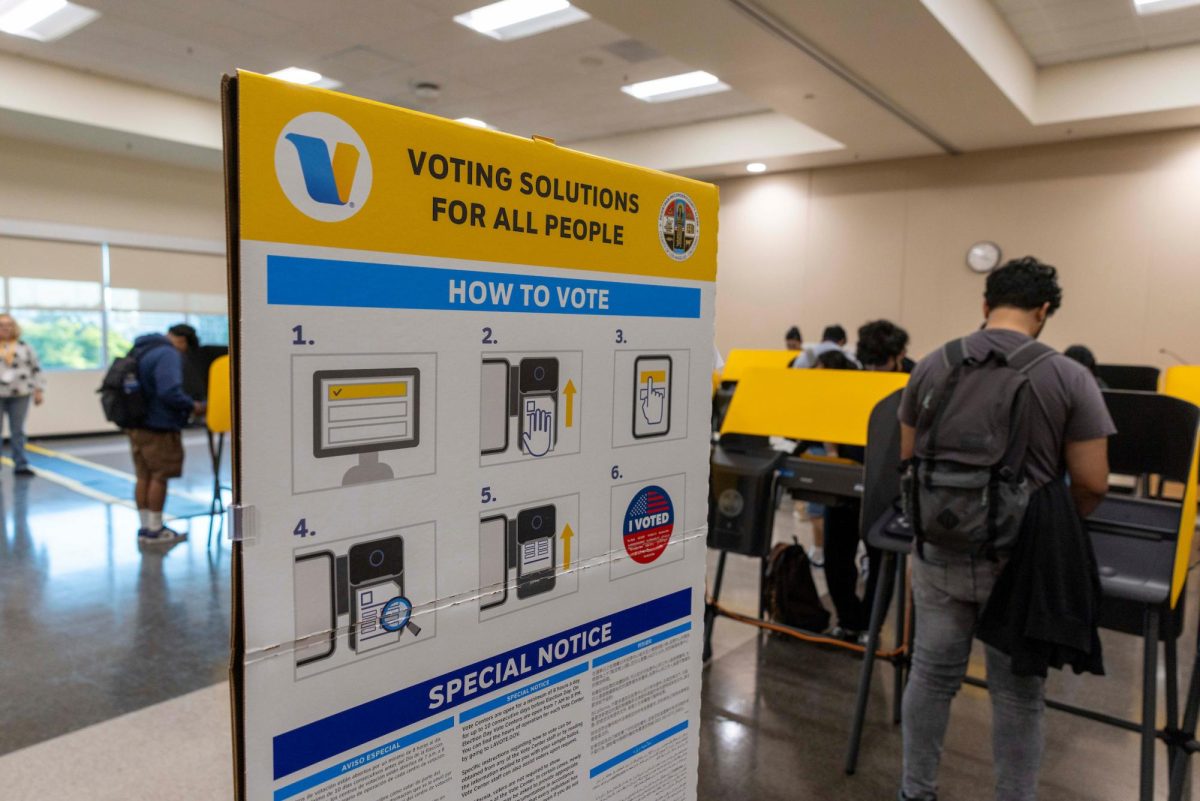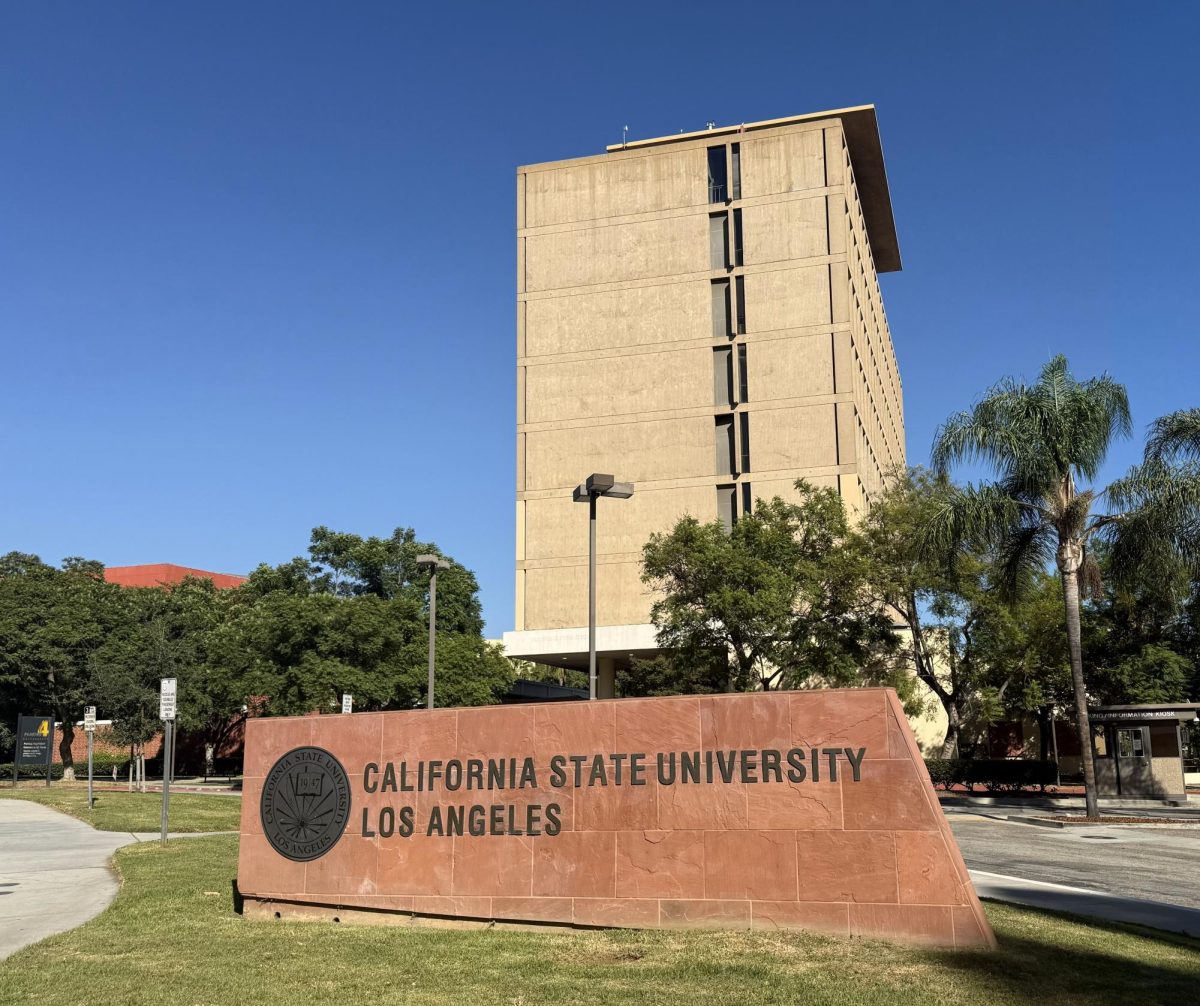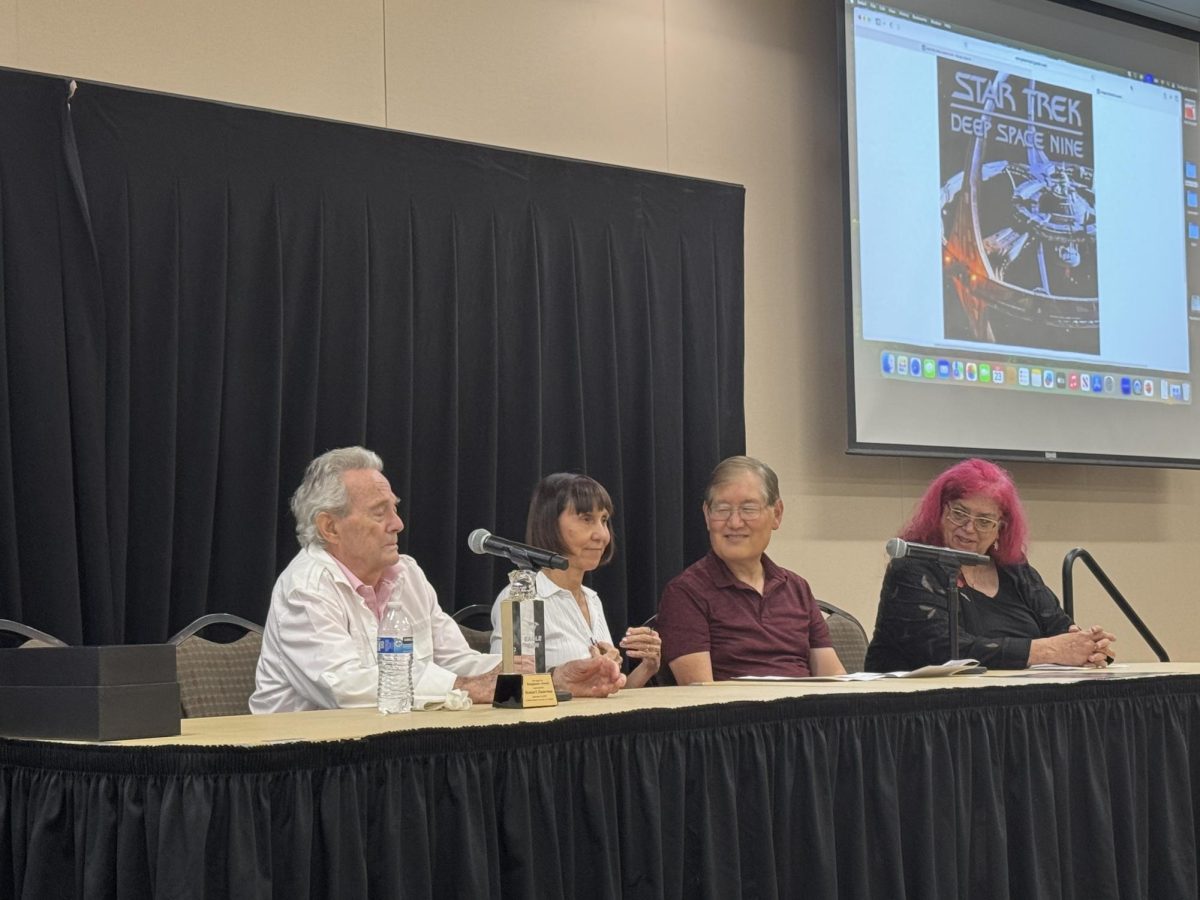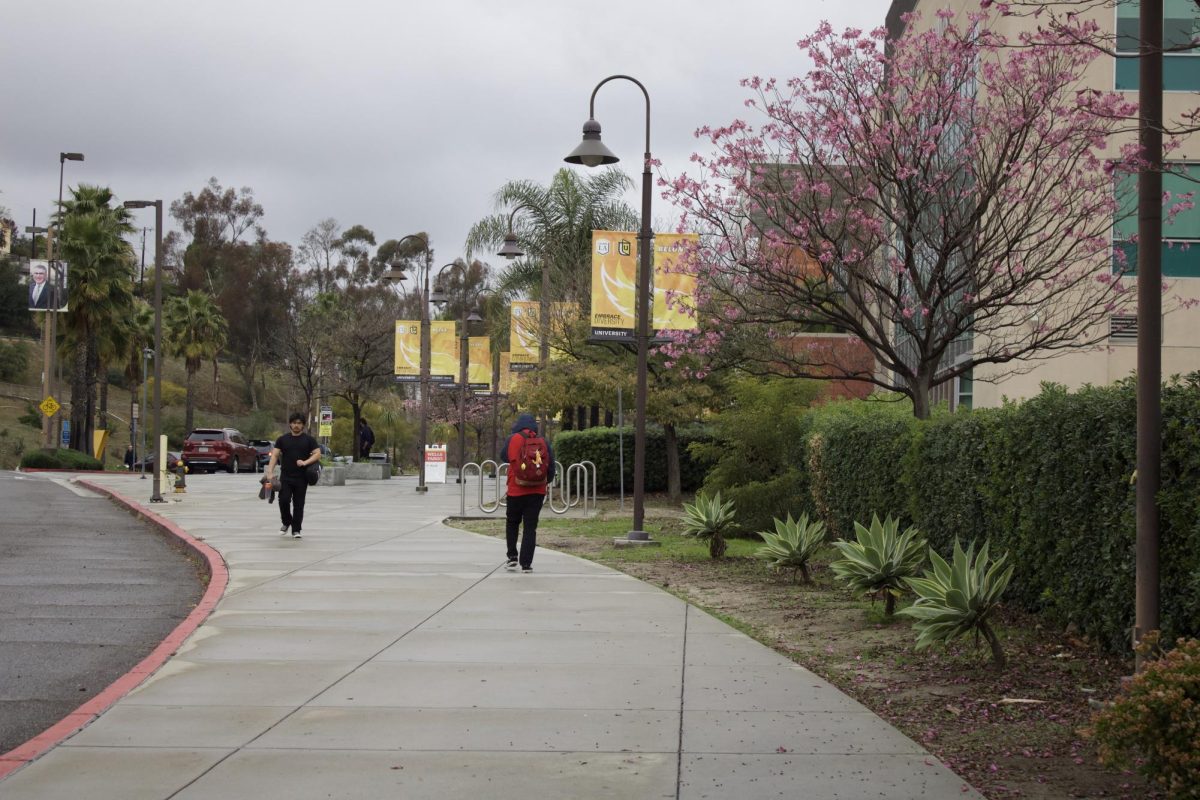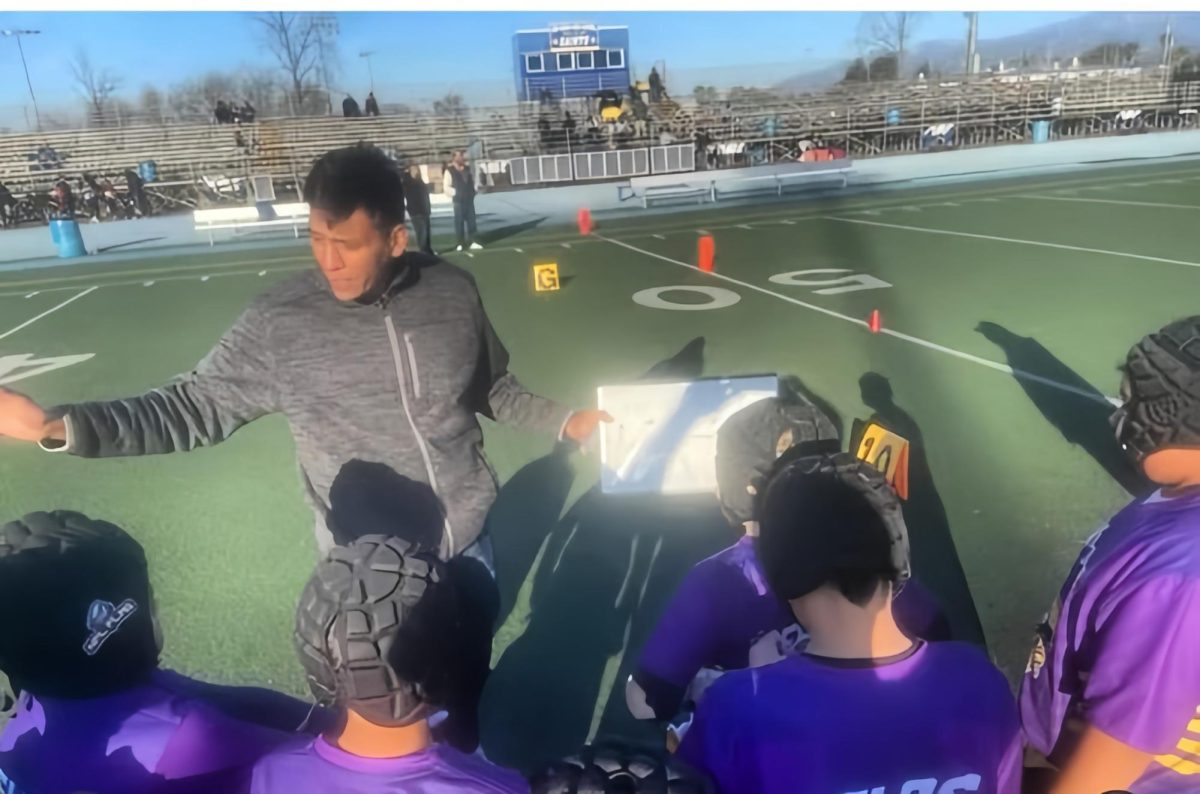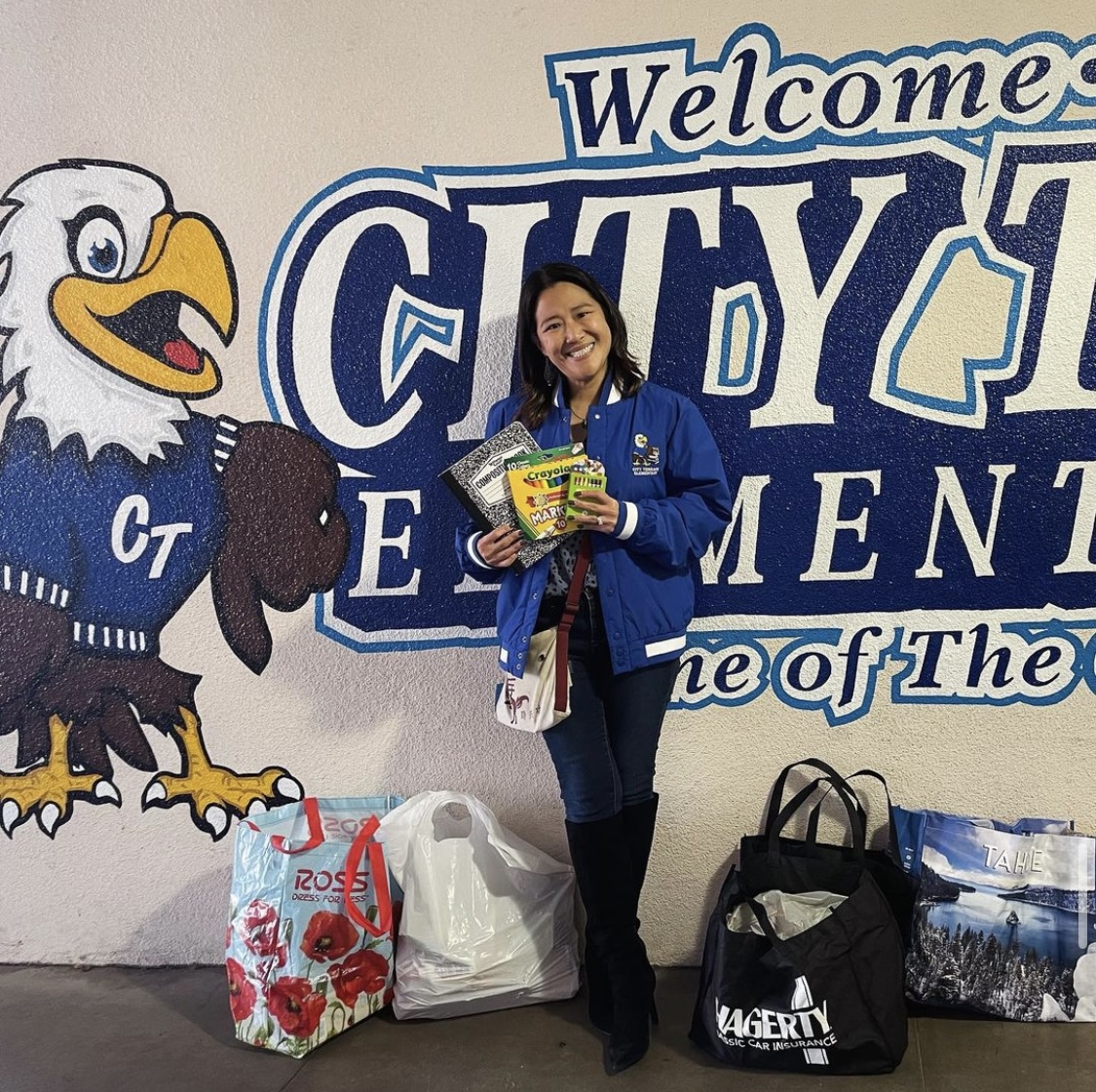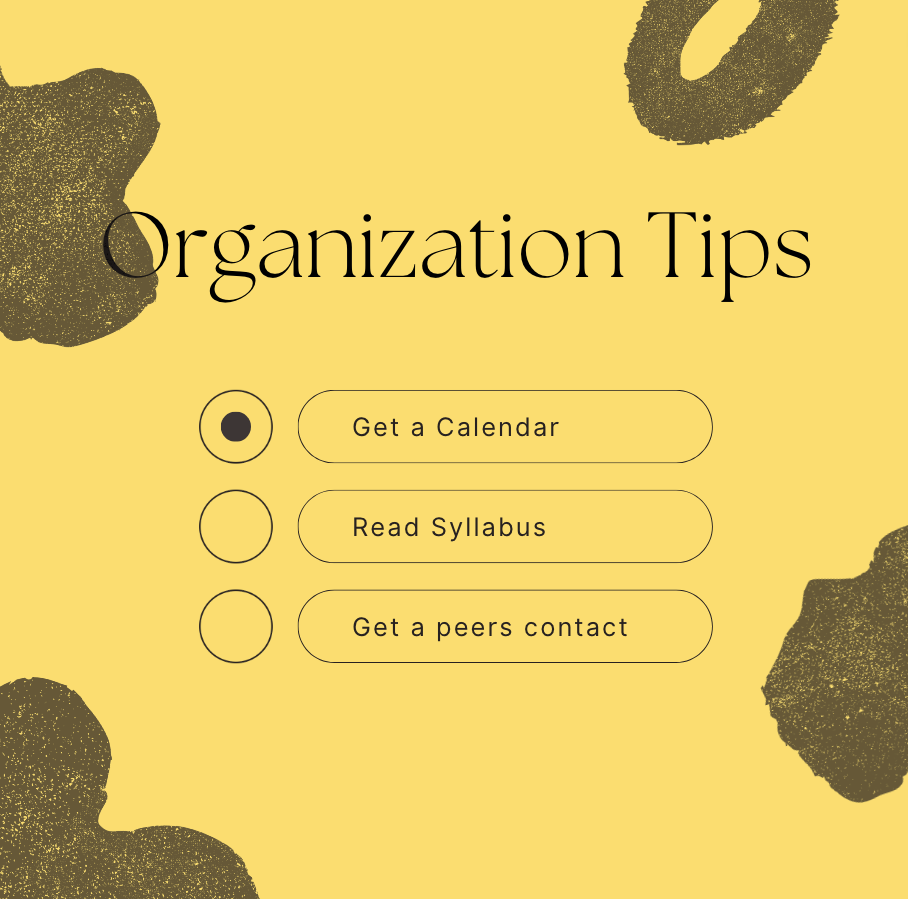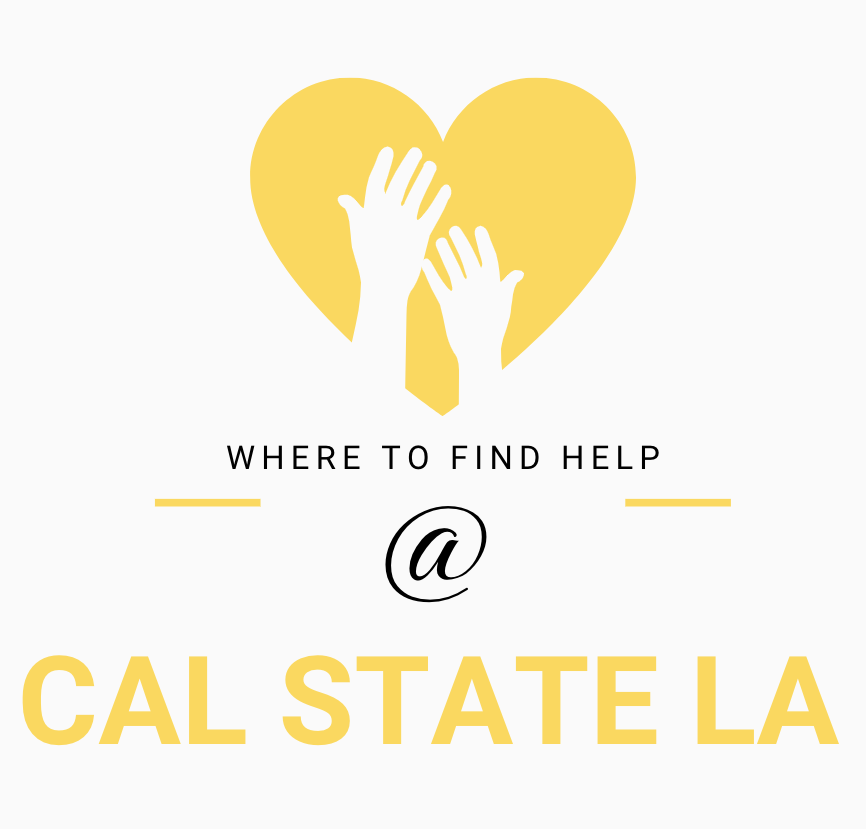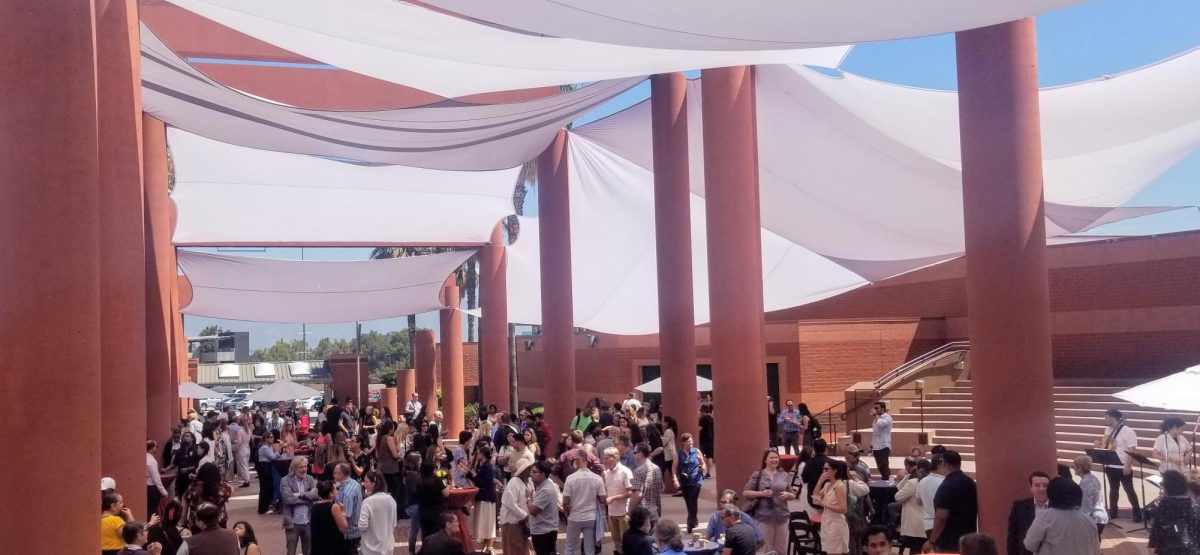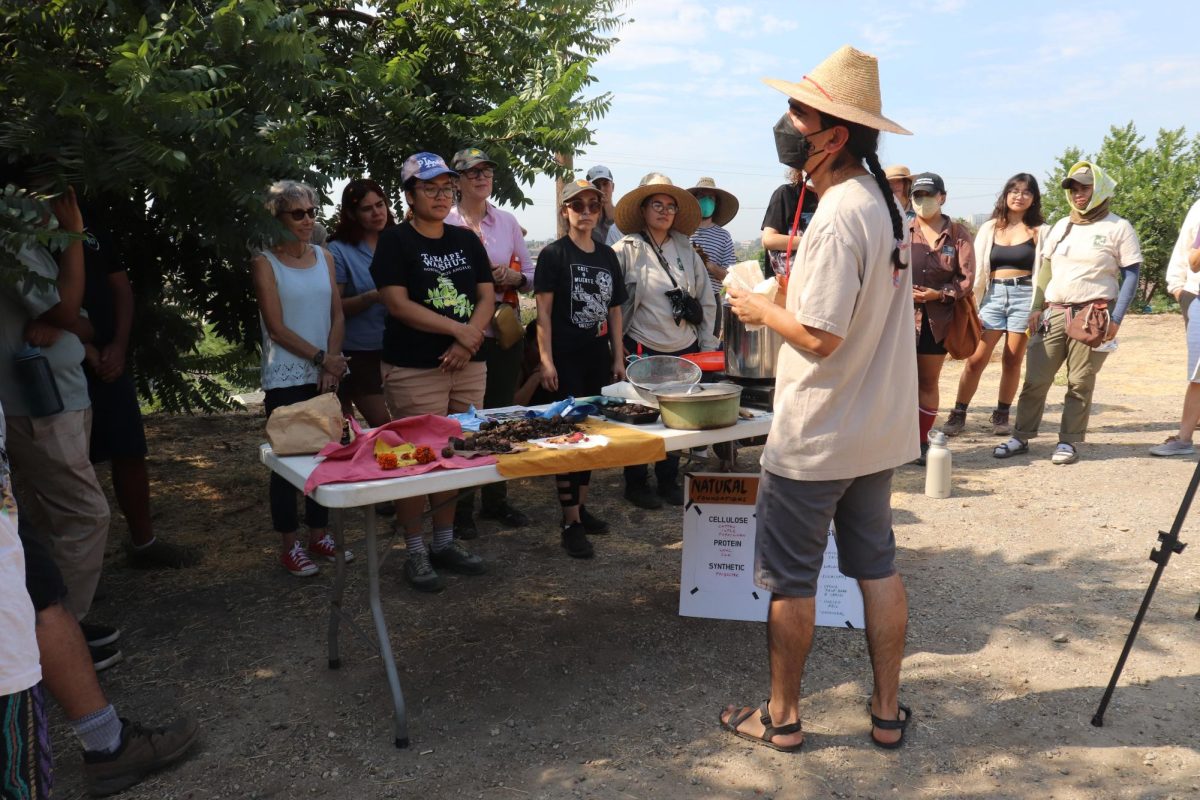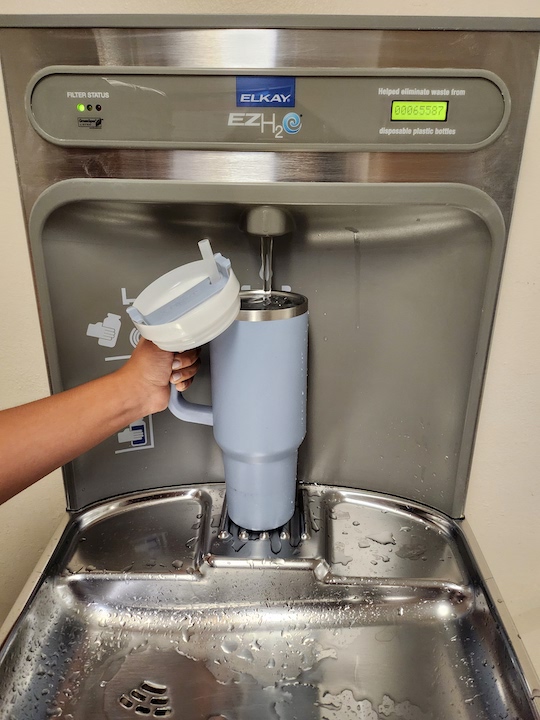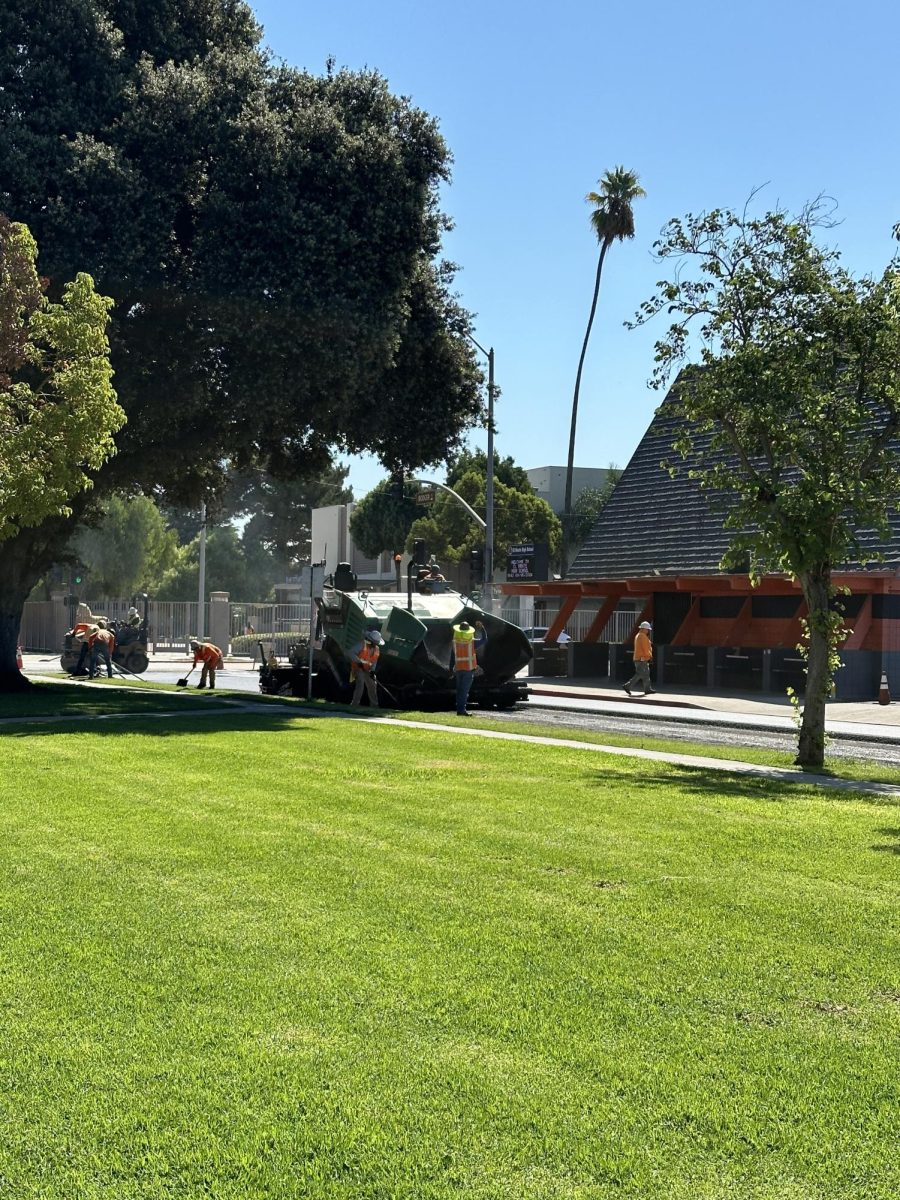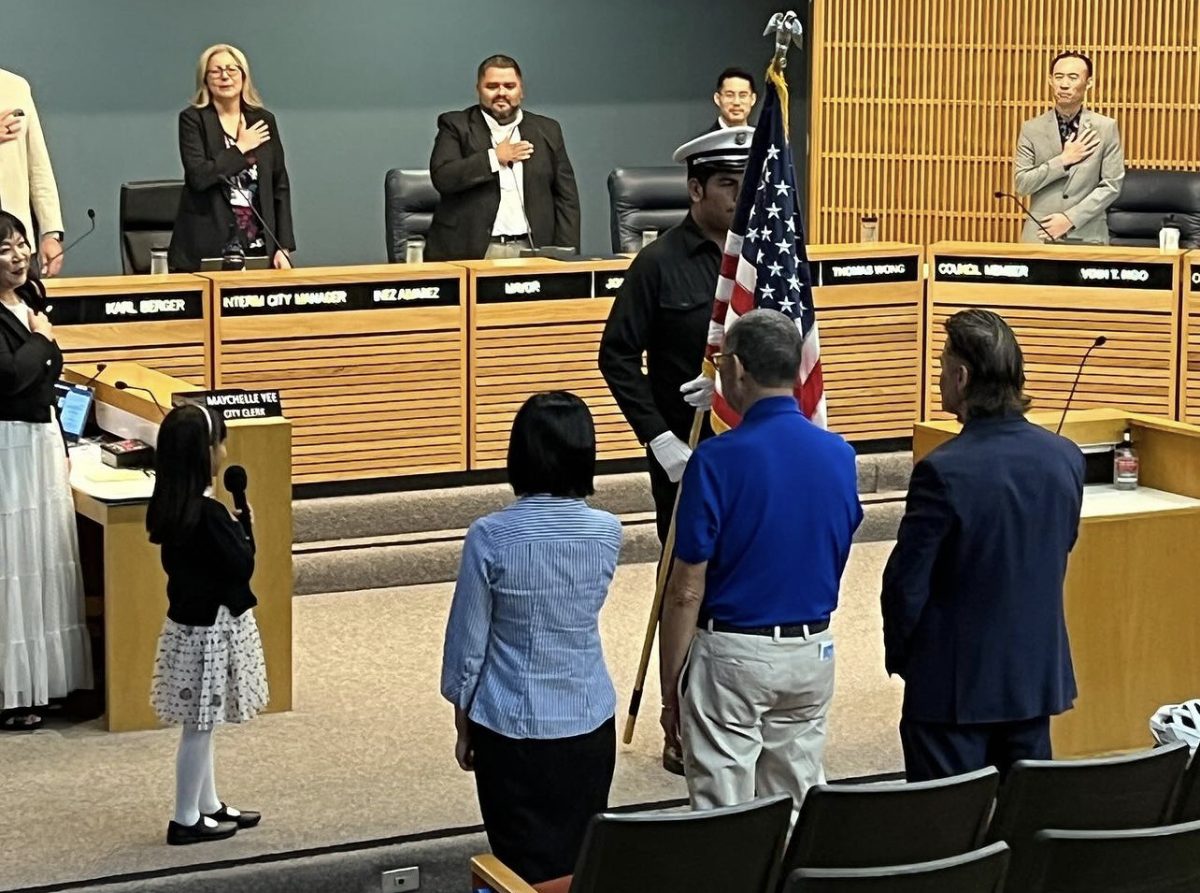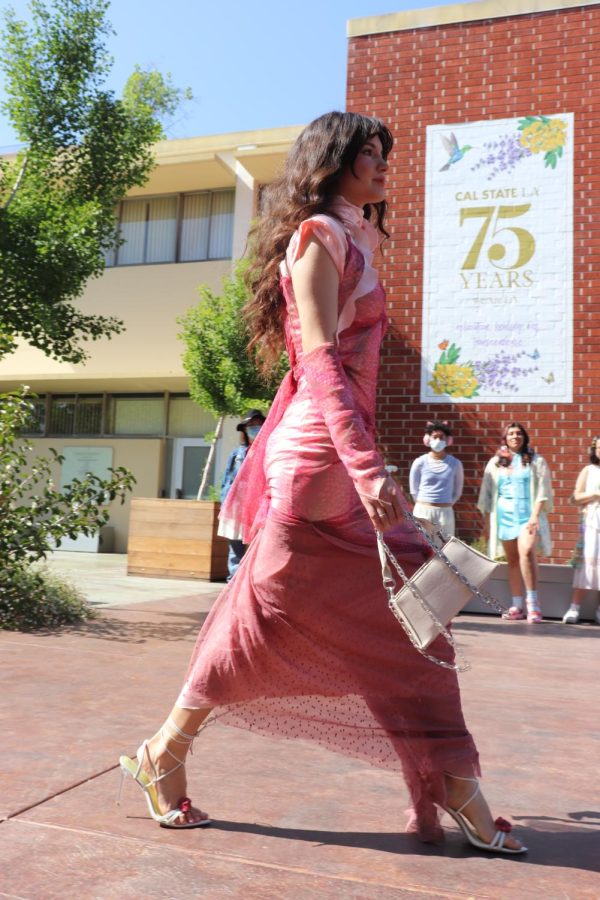In the evening on Tuesday, Jan 7., Cal State LA student Ryo Goodman was startled by the noise of their neighbor frantically slamming on their apartment door. Running outside, Goodman saw a ball of fire in the mountains as police ran down the block and ordered residents to evacuate.
“I went up to pack, and then my power cut, so I had to just pack scrambling in the dark, barely got very much out, and then evacuated to a friend’s house in Ontario, which was far enough away,” Goodman said.
Goodman’s Altadena apartment survived, suffering mostly ash and smoke damage, but their parents’ house was not as fortunate. Last Monday, Goodman returned to where their childhood home used to be, reduced to a pile of charred rubble.
Goodman is one of many in the Cal State LA community directly affected by the series of wildfires that rocked Los Angeles in early January, killing 29 people and destroying thousands of homes. The most devastating of the fires, the Palisades Fire and the Eaton Fire, have burned around 23,000 and 14,000 acres, respectively.
Cal State LA started the Golden Eagles LA Fires Recovery Fund to support students, faculty and staff. The fund has raised $32,750 as of Jan. 23, all from donations by the Cal State LA community. Money has also been reallocated from Basic Needs to provide food and housing assistance for students displaced by the fires, and students can apply for housing grants and temporary on-campus housing through the university’s website.
Patrick K. Day, the Vice President of Student Affairs and Enrollment Management, said in an email on Jan. 10 that Cal State LA offers many resources for those affected, including the on-campus food pantry, which is resuming in-person hours. The Student Health Center, including Counseling and Psychological Services, has resumed in-person services, Monday through Thursday from 8:30 a.m. to 5:45 p.m. and Fridays from 8:30 a.m. to 4:45 p.m.
Day said the Golden Eagle Fund is not intended to “duplicate” the same sort of assistance that the Red Cross and other agencies provide but to allow community members to help each other directly.
“We wanted to give people here a way to say, ‘Hey, I want to help a Cal State LA member of the faculty or the staff or students,’” said Day. “That’s why we created the fund and said, ‘Listen, here’s a way.’”
Cal State LA hosted a “Golden Eagles Rise Healing Session” on Jan. 21 meant to provide a safe space for the Cal State LA community to talk about how they have been affected by the fires.
“We had people there who had lost everything, and to have them be in community and feel supported, I think that was extraordinarily important,” Day said. Day added that there are ongoing discussions about similar events in the future.
Fourth-year theater major Bobbi Ennis is a Pasadena resident whose apartment suffered smoke and ash damage from the Eaton Fire. Ennis said the healing session is good in theory but wants to see more action taken by the university to address student needs.
“Are they going to have a bin for people to donate clothes or blankets or canned goods? Is there anything functional happening on top of that? Because those little things go a long way,” said Ennis.
The University Times contacted Cal State LA officials to comment regarding specific future material support for students, faculty, and staff but has not received a response.
On Jan. 23, Gov. Gavin Newsom signed a $2.5 billion relief package with the aim to help the firefighting efforts and help Los Angeles rebuild from the aftermath. The package includes $2.5 billion for the fire response team and recovery efforts, $4 million for rebuilding and $1 million to rebuild school facilities.
Most recently, President Donald Trump and Gov. Newsom have debated whether California should continue to receive federal aid. Trump suggested California will not receive federal aid unless they change voter ID policy in the state.
“I just want voter ID as a start, and I want the water to be released, and they’re gonna get a lot of help from the U.S.,” said Trump, repeating misleading claims that the state restricted water flow from the north.
Goodman, a second-year transfer student, cannot return home for the foreseeable future. They still have to pay rent for the month despite being unable to return, and their parents are still paying the mortgage for their destroyed home.
“It just feels like a very large failing on the part of the government, on the part of the city, on the part of the state, that it’s just turned almost entirely into mutual aid,” said Goodman. “But on the other side, it’s really lovely to see the community come together, even though we’ve been battered by this terrible disaster.”
Goodman said they are grateful for the two weeks of temporary housing provided by the university, but knows that it may be too little time for others who have lost everything.
Seamus Bozeman, an incoming transfer student, also lost his home in the Eaton Fire. Despite the unprecedented nature of these fires, Bozeman praised the tight-knit community that Altadena continues to demonstrate during the recovery process.
“Everyone was there for each other,” said Bozeman. “It continues to be that way through this, and I think it will persevere through this again as we rebuild and go back.”
Goodman’s family has created a GoFundMe to help recover from the aftermath of the fires. To donate to the fund, the link can be found here.
This article was first published in the January 29 print edition of the University Times.

